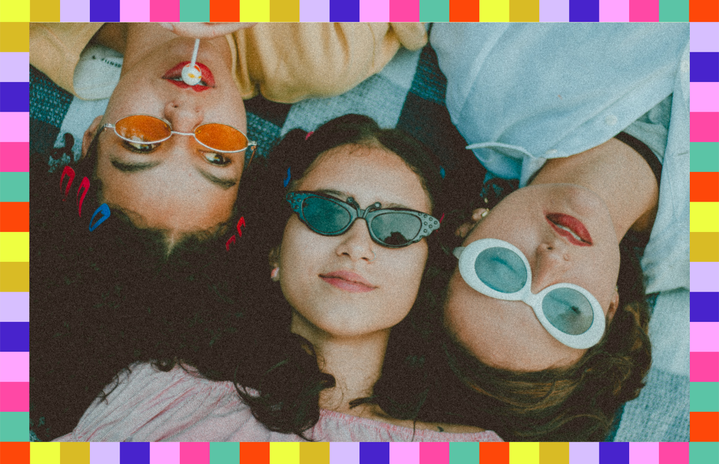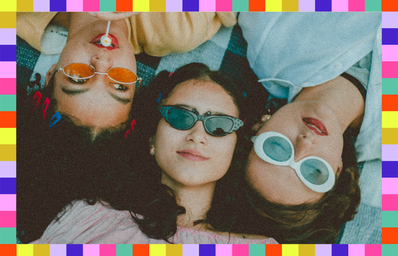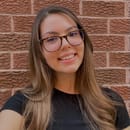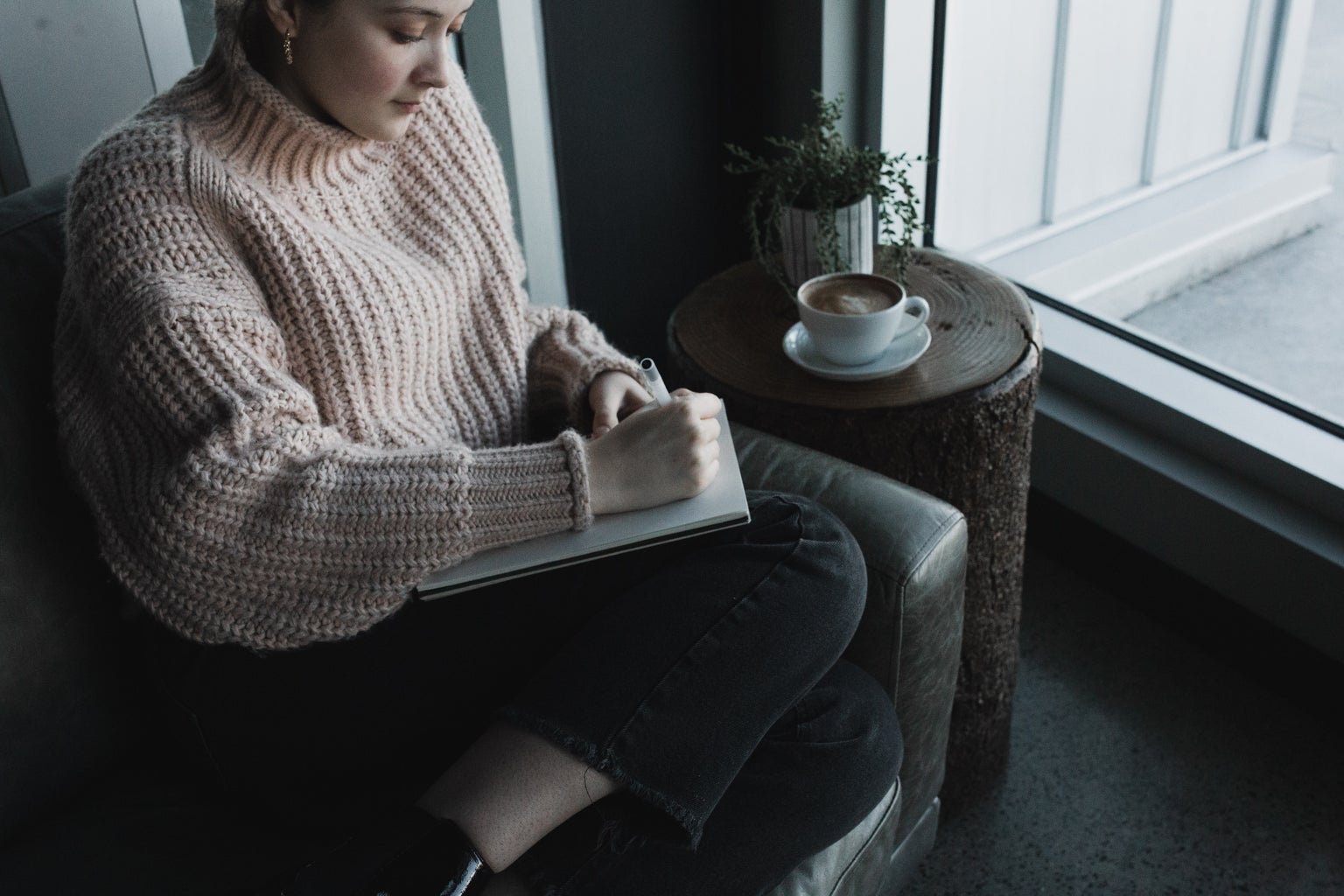As an able-bodied person, I definitely do take things for granted. It is so peaceful to go about one’s day as “normal,” with no interference. Being able to walk freely, drive, and hear my surroundings are things I didn’t think much about, until about two years ago.
My dad always had poor vision. When he immigrated from Italy to Canada in the late 60s, the first thing he did was go for a check-up. Turns out, my old man needed glasses because he had a bit of a lazy eye and couldn’t see far distances. We didn’t see it as anything crucial…many people wear glasses. Turns out, for my dad, everything was not how it seemed.
In 2012 (as far back as I can recall), my dad complained about a spot occupying his vision. He thought it was nothing but a mere floater. His Ophthalmologist thought otherwise. After doing X-rays, he noticed something odd. He ended up referring us to a specialist – my dad really didn’t think much of it and kept going about his life.
Fast forward to February 2020. Turns out, his eye was something he had to think about. After seeing the specialist, my dad was diagnosed with Age-Related Macular Degeneration (ARMD). That little spot occupying his vision? Damage to his macula; the part of the eye that controls straight-on vision. The specialist told us that there was no cure but suggested trying proactive treatments to assist his vision.
This not only affected my dad, but also my mom, my sister and I. By March 2020, my dad took long-term disability leave from work. He was scared to drive, scared to walk alone, and suffered from an overall sense of discomfort. This was something that was new for all of us to adjust to but I knew deep down in my gut that he was entering the five stages of grief.
The one memory that is forever ingrained in my brain is when my dad told me he was having trouble seeing my face. The way he described it totally broke my heart. He told me that he feels like he lives in a state of gray. He has a hard time even pointing out a face, familiar or not. Over these past two years, even with aids like rose-tinted glasses, it is hard for him to dictate his life. Little things, such as turning on the stove, looking at the TV, and crossing the street when he walks with my dog are a challenge. He hated himself for how he depended on my mom and me to drive him places, and hated the idea that he couldn’t properly provide for his family.
Due to his low vision, my dad is now considered legally blind. This was an abstract idea for my family, as we never thought that it would be this intense so quickly. I decided to take it upon myself to find support not only for us but for him as well.
I contacted the Canadian National Institute for the Blind (CNIB), and they were nothing but supportive. The CNIB is a not-for-profit whose mission is to empower people impacted by blindness and low vision. They also facilitate programs that assist people who are blind or have low vision in many things, like learning braille, support groups, and so much more. I remember talking to the volunteer and she told me that this diagnosis is not something rare, and many other people have adapted to live their lives in a new normal. She was also super proactive, asking me about my dad and ensuring that we had a good gauge of what to expect on this new journey.
The volunteer told me that learning Braille was the way to go. Not only does it help blind folks, but low-vision people as well. Braille is a touch system of writing and reading for people with low vision or blindness. The ability to have a tactile system awakens your other senses, like touch, and gives blind and low-vision folk a chance to be more independent.
Since my dad is now considered legally blind, we got this kit for free. Let me tell you, it isn’t easy. It’s like learning a new language. Almost like ASL for deaf or hard-of-hearing folks, it allows people like my dad to be more confident in their everyday abilities. If it wasn’t for the CNIB, my family and I would be so lost.
I have taken so much for granted. I think about how I am able to do simple tasks, like reading this article, how I tell people to “open their eyes” when I’m showing them something, or how I simply turn on the stove. The ability to have vision, regardless of if you wear glasses or not, is something every full–sighted person should be proud of. Never in my 23 years of life did I think this. Similarly to other disabilities, like chronic pain, deaf or hard-of-hearing, autism, and physical disabilities, you can never picture yourself being in that position, let alone someone you love.
Moral of the story: get your eyes checked. Your overall health includes your eyeballs, and it is not something that should be taken lightly. ARMD can appear from the ages of 9-19, but peak at 50+. It can progress faster than you think. ARMD is not restricted to genetics or is hereditary, similar to heart attacks and strokes. It’s also not the only eye condition out there. Something as simple as dry eyes can affect you if you don’t get regular eye exams.
For my Canadian friends, check out the CNIB site. For my American friends, you can check out the American Foundation for the Blind. If you can, a donation could help support their programming and aids to help people like my dad. Our eyes even have a special day! The second Thursday of October (October 12th, 2023) is World Sight Day. The mission is to put focus on eye health, as well as working with people and leaders to ensure eye care is accessible and inclusive to everyone.
And don’t forget, BOOK YOUR EYE EXAMS!






